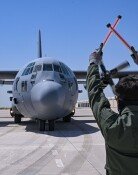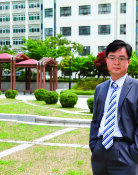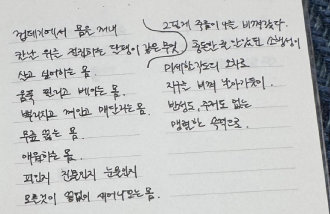N. Korea demands UNC take hands off of JSA
N. Korea demands UNC take hands off of JSA
Posted November. 28, 2018 07:38,
Updated November. 28, 2018 07:38
North Korea’s demand for leaving the United Nations Command (UNC) out of a newly launched inter-Korean organization to manage the Joint Security Area (JSA) is being seen by many experts as an intention to deny the command’s role. The North has equated the UNC with the U.S. forces, calling North Korea-UNC meetings “North Korea-U.S. meetings” on several occasions. The regime’s latest call for the exclusion of the UNC from the JSA is interpreted as reflecting its complaints against the stalled nuclear talks with the United States.
North Korea has been uncooperative in drawing up work rules to be applied to personnel within the security area, demanding that the UNC be kept out of the management organization for the JSA, multiple government sources said Tuesday. Pyongyang seems to be concerned about the regime looking to be under the control of the U.S. forces, if military personnel from both Koreas, with the UNC not being excluded, stand guard within the JSA while freely traveling across the military demarcation line (MDL).
Some say that the North’s demand is in line with its mid- and long-term strategy toward South Korea to ultimately disband the UNC and withdraw the U.S. forces stationed in the South. Pyongyang has criticized the command for failing to stay neutral in mediating military issues between the two Koreas, saying that the command either sides with the South within the South Korea-U.S. alliance or represents Washington’s stance. “Since the inter-Korean military agreement in September, North Korea has attended a tripartite consultation meeting with Seoul and the UNC. Yet, they are breaking the agreement behind the scenes, taking a twofold approach,” said a military source.
Some argue that the North’s excessive demand is part of its strategy. By calling for the exclusion of the UNC, which the U.S. forces would find difficult to accept, the regime may be seeking the lifting of sanctions, the UNC’s comprehensive permission for inter-Korean cooperative projects, or the easing of criteria for verifying denuclearization. “If North Korea sticks to its position that a third party including the UNC should not join the organization, it would make it impossible for the two Koreas to carry out a plan to allow military personnel and civilians to freely travel within the JSA by the end of the year. It would also slow down the pace of implementing the inter-Korean military agreement,” said a government source.
Hyo-Ju Son hjson@donga.com · Jeong-Hun Park sunshade@donga.com




![“어깨 아프면 약-주사 찾기보다 스트레칭부터”[베스트 닥터의 베스트 건강법]](https://dimg.donga.com/c/138/175/90/1/wps/NEWS/IMAGE/2026/01/30/133269934.1.jpg)


